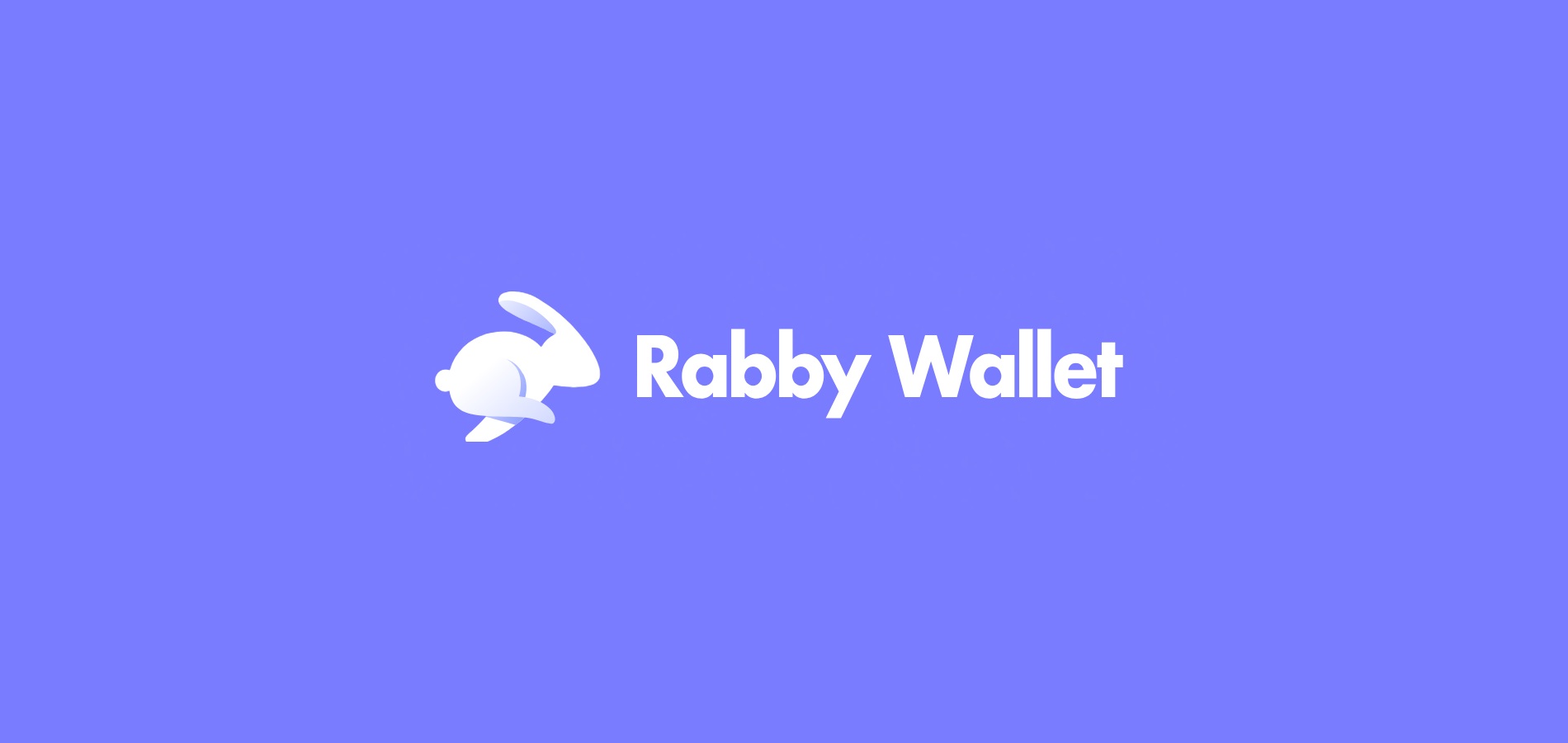Gas fees are killing me lately. Seriously. You send a simple transaction and boom—half your stash is gone on fees. I remember when crypto was supposed to be this slick, low-cost revolution. But here we are, stuck paying very very steep gas prices on Ethereum and its cousins. Something felt off about how few wallets actually help users dodge these insane costs.
Okay, so check this out—gas optimization isn’t just about saving pennies; it’s about making DeFi usable. If you’re constantly sweating over every cent spent in fees, you’re not gonna stick around long. That’s why I’ve been diving deep into how wallets can actually audit your security while smoothing out interactions with smart contracts. It’s a bit of a jungle out there.
Initially, I thought all wallet extensions were basically the same—just a quick way to sign transactions. But then I stumbled on tools that do way more. They analyze the smart contract you’re about to interact with for any red flags, warn you about suspicious calls, and optimize your gas by batching or adjusting transaction parameters. Whoa! This was a breath of fresh air.
On one hand, smart contract interactions can be intimidating—especially when you’re juggling multiple chains. Though actually, some wallets now support seamlessly switching between Ethereum, Binance Smart Chain, Polygon, and others without you breaking a sweat. This multi-chain support means you don’t have to juggle a dozen apps, each with different quirks.
Here’s the thing. Wallet security audits integrated right into your browser extension? That’s a game-changer. Most people don’t even realize the contracts they’re interacting with could be malicious or poorly coded. I’m biased, but using a wallet that proactively flags these risks is a no-brainer.
Check this out—when you use something like the rabby extension, it’s like having a crypto-savvy friend peeking over your shoulder. It quietly analyzes gas costs, security risks, and contract interactions in real-time. I remember the first time it saved me from approving a contract that had a sneaky infinite spend allowance. Close call!
One of the biggest headaches is how wallet UX often glosses over the details. Users get hit with confusing gas estimates or confirm buttons that don’t explain what’s really going on. I’m not 100% sure why more wallets don’t embed a security audit right there, but the few that do are miles ahead. It’s not just about convenience; it’s about preventing catastrophic losses.
Something else worth mentioning—gas optimization isn’t just for Ethereum’s mainnet anymore. Layer 2 solutions and alternative chains have their quirks. Some do charge lower fees but can have slower confirmations or less liquidity. My instinct said “jump on the cheapest chain,” but actually, the trade-offs can be tricky. That’s why a wallet that smartly guides you through these nuances is so valuable.
Smart contract interaction is often this black box where you blindly trust what you’re signing. But with a wallet extension that runs a quick security audit and explains exactly what permissions you’re granting, you gain real control. Honestly, this part bugs me—there are still too many people falling victim to phishing or poorly designed contracts.
On a personal note, I’ve been juggling multiple DeFi protocols across chains for a while. Without a solid wallet that combines gas optimization and security auditing, I’d be losing a lot more than just gas fees. The ability to see gas estimates adjusted in real-time, plus warnings about risky contract calls, means I sleep better at night. And yeah, it saves me some serious cash too.
Oh, and by the way, multi-chain wallets that don’t force you to export and import keystores repeatedly? Total lifesavers. The rabby extension nails this with its smooth interface and robust security features. It’s like the Swiss Army knife for DeFi users who want gas savings and safety in one place.
Of course, no tool is perfect. I’m still cautious because sometimes these extensions can have their own vulnerabilities or lag behind new attack vectors. But the pace of innovation is encouraging. Wallets are evolving from simple transaction signers into genuine DeFi assistants.
So, where does this leave us? Gas optimization, wallet security audits, and smart contract interaction tools are not just nice-to-haves; they’re essential for anyone serious about DeFi. If you’re tired of watching your ETH disappear to fees or feeling uneasy about what you’re approving, it’s time to upgrade your approach.
Something I’ve learned is that even the best wallets can’t shield you from dumb mistakes, but they sure reduce the risk and friction. My advice? Start with a reliable, multi-chain wallet extension that actively helps you optimize gas and audit contracts. Don’t just trust your gut—use tools that back it up.
Anyway, that’s my two cents. If you want a wallet that actually understands what you’re doing and helps you save gas while keeping you safe, give the rabby extension a try. It’s made my DeFi life way less stressful, and I bet it could do the same for you.

